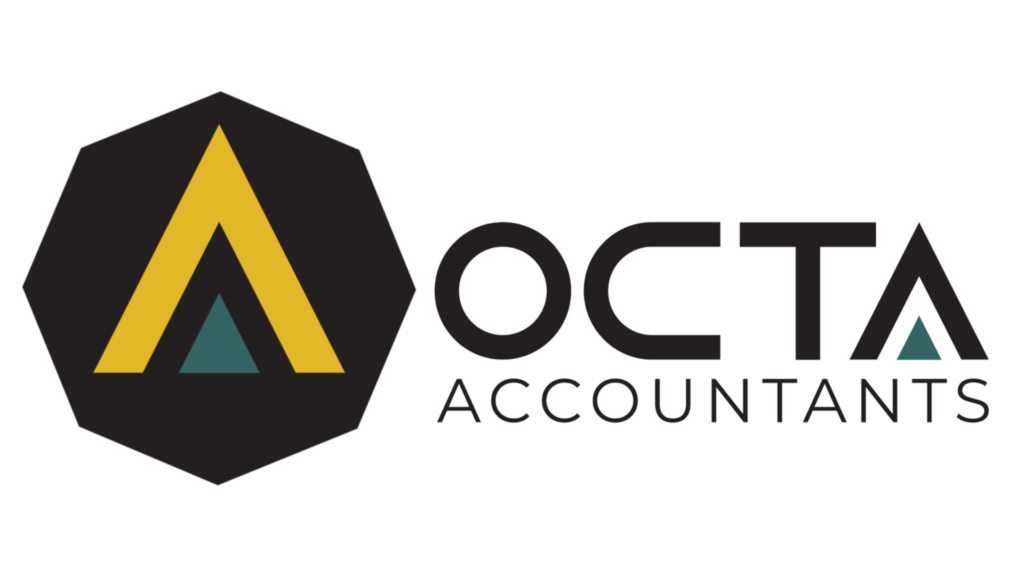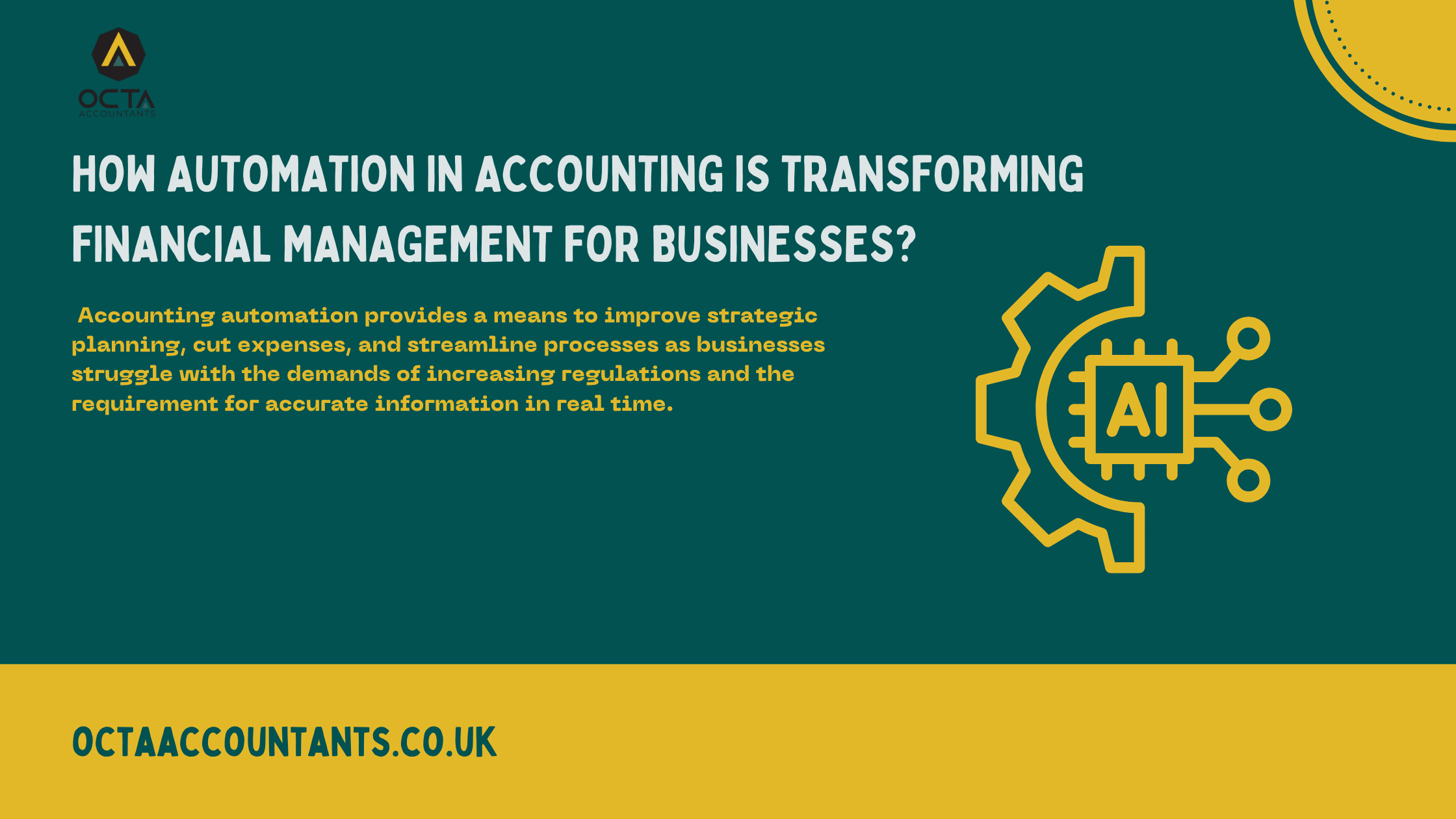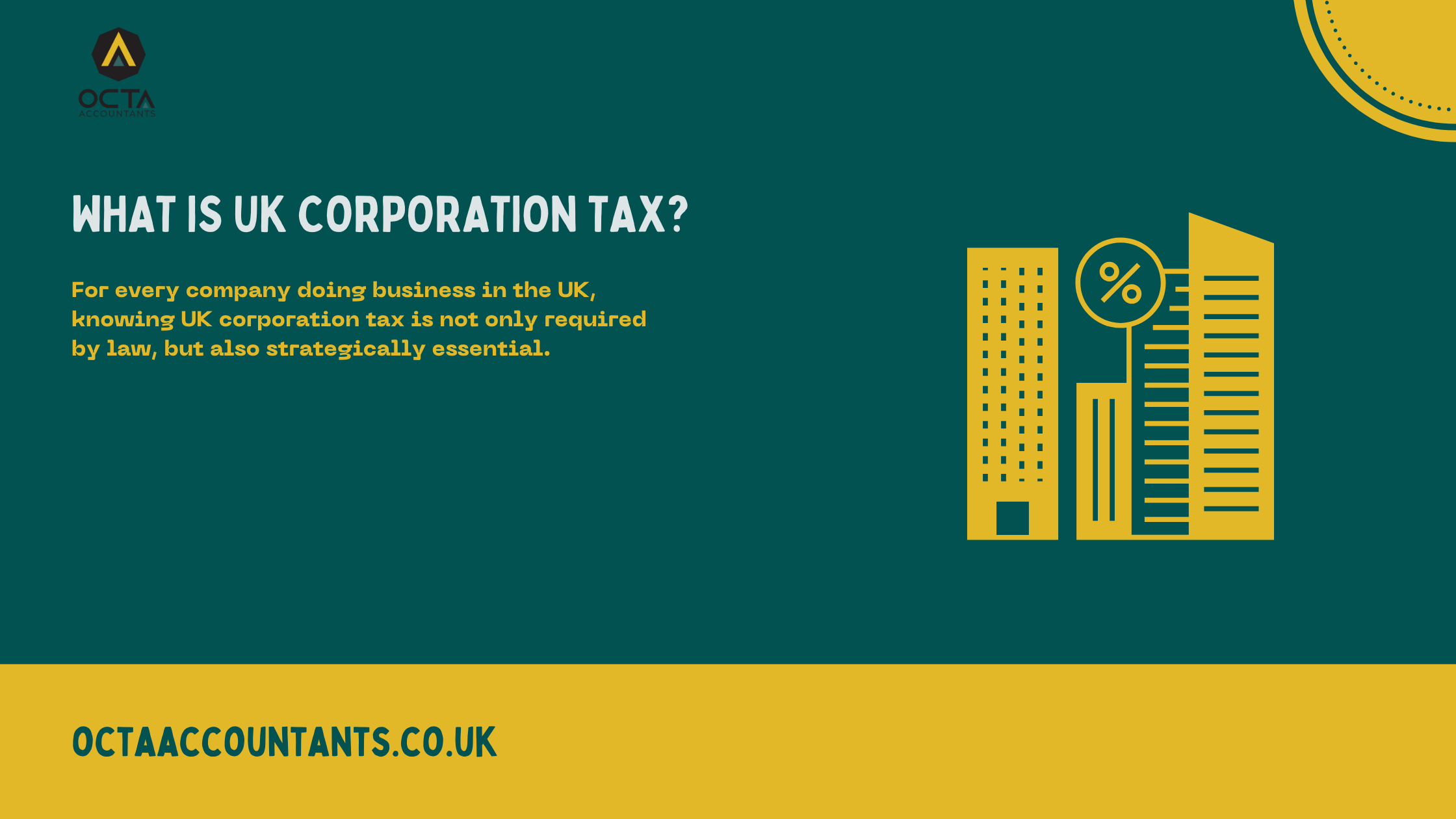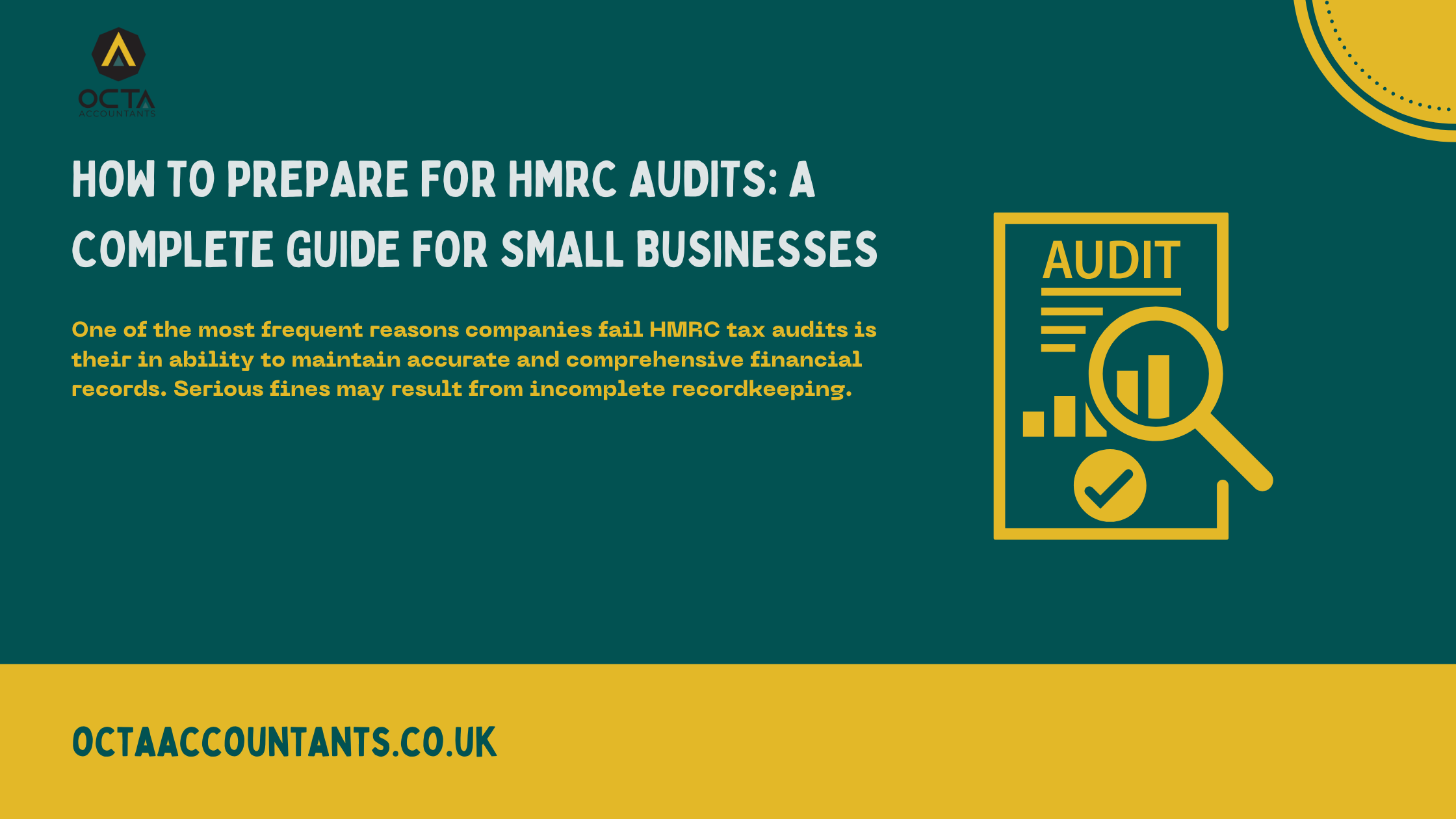5 Reasons Why Companies Need External Auditors
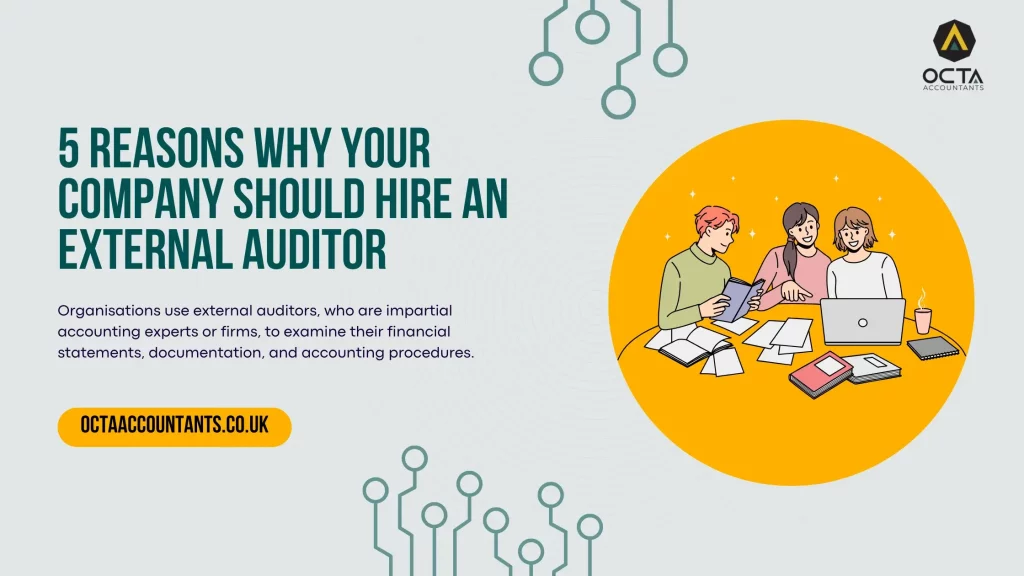

Octa Accountants

4 Min Read

Nov 9, 2023

Ecommerce Accountants
Organisations use external auditors, who are impartial accounting experts or firms, to examine their financial statements, documentation, and accounting procedures. They are not workers of the company they are auditing because they operate independently of it. Their main duty is to evaluate the company’s internal controls and financial statements in an impartial and objective manner.

How external auditors help your company?
The main facets of an External Auditor:
1) Independence: They stay apart from the company they are auditing, which guarantees their neutrality and objectivity when assessing the financial data.
2) Certification and Expertise: Certified Public Accountants, Chartered Accountants, and other internationally recognised qualifications are among the professional certifications held by external auditors. Their proficiency enables them to conduct a comprehensive analysis of financial statements and accounting procedures.
3) Regulation and Compliance: They make sure that the financial statements of the company meet legal and regulatory requirements as well as applicable accounting standards and Generally Accepted Accounting Principles.
4) Audit Procedures: To confirm the accuracy of the financial information, they carry out a number of audit procedures, such as looking through financial records, evaluating internal controls, estimating risk, and holding interviews.
5) Reporting: After the audit is finished, they provide the organisation with an audit report that contains their conclusions, judgement on the fairness of the financial statements, and any remarks or recommendations.
6) Improvement of Internal Controls: Based on their findings, they frequently offer suggestions for enhancing risk management, accounting practices, and internal controls.
7) Fraud Detection: Methods are in place for external auditors to find possible fraud or irregularities within the company.
External vs Internal Auditors
An organisation’s entire governance and control system must include both internal and external audits. To know the difference between the two, let’s compare the differences between internal and external auditors.
Internal Auditors:
Under the direction of internal audit specialists, internal audits concentrate on assessing and enhancing internal procedures, risk control, and adherence to corporate guidelines. These routine audits include information on internal controls, risk management techniques, and operational effectiveness. Internal auditors are essential in suggesting changes to improve overall performance and reduce risks because of their comprehension of the organisation’s activities and structure.
External Auditors:
On the other hand, external audits, performed by independent third-party auditors, concentrate on verifying the accuracy and reliability of an organization’s financial statements. These auditors, separate from the company, provide an objective assessment of the financial records, ensuring compliance with accounting standards and legal requirements. The main goal of external audits is to offer assurance to external stakeholders, including investors, creditors, and regulators, regarding the company’s financial health and the credibility of the disclosed financial information. Through an annual evaluation, external auditors provide an unbiased opinion in the form of an audit report, ensuring transparency and reliability in financial reporting.
The Difference?
External audits concentrate particularly on financial statements and conformity to accounting standards, whereas internal audits focus on more general operational areas and risk management within the organisation. External auditors’ independence guarantees an unbiased assessment of financial data, which boosts stakeholder trust and lends credibility to financial statements. Internal and external audits work in tandem to address all facets of an organisation’s operations and financial health with the ultimate goal of enhancing corporate governance, managing risks, and guaranteeing the accuracy and dependability of financial reporting.
Also Read: How to value a business to sell?
5 Reasons Why Companies Need External Auditors
1. Independency
In the field of external auditing, independence is essential since it guarantees that auditors keep a safe distance from the organisation they are examining. The purpose of this separation is to allow auditors to assess the financial data in an unbiased and objective manner, free from undue influence or conflicts of interest. An objective viewpoint allows external auditors to closely examine financial statements, internal controls, and accounting procedures since they are not influenced by internal pressures or relationships within the organisation. Because it shows a dedication to justice and accuracy in the assessment of financial records, this objectivity is crucial in building trust among stakeholders and enhancing the legitimacy and dependability of the audit process. Additionally, it complies with legal requirements that demand auditor independence, guaranteeing the integrity of improving the financial reporting system and boosting trust in the integrity and openness of the data given to investors, shareholders, and regulatory organisations.
2. Assurance of Financial Accuracy
In the field of external auditing, independence is essential since it guarantees that auditors keep a safe distance from the organisation they are examining. The purpose of this separation is to allow auditors to assess the financial data in an unbiased and objective manner, free from undue influence or conflicts of interest. An objective viewpoint allows external auditors to closely examine financial statements, internal controls, and accounting procedures since they are not influenced by internal pressures or relationships within the organisation. Because it shows a dedication to justice and accuracy in the assessment of financial records, this objectivity is crucial in building trust among stakeholders and enhancing the legitimacy and dependability of the audit process. Additionally, it complies with legal requirements that demand auditor independence, guaranteeing the integrity of improving the financial reporting system and boosting trust in the integrity and openness of the data given to investors, shareholders, and regulatory organisations.
Also Read: The Role of Technology in Enhancing Audit & Assurance
3. Compliance and Regulatory Adherence
An essential part of the auditing process is compliance and regulatory adherence, which is monitored by external auditors to make sure the business complies with a variety of laws, rules, and accounting standards. The company’s financial statements and procedures are carefully examined by external auditors to ensure that they comply with industry-specific rules, legal frameworks, and accounting standards like International Financial Reporting Standards (IFRS) and Generally Accepted Accounting Principles. They ensure that the company’s financial procedures and reporting techniques comply with these established requirements by carrying out these audits. In addition to fostering truth and openness in financial reporting, ensuring compliance serves as a defence against possible legal and regulatory repercussions that can result from non-compliance.
4. Detection and Prevention of Fraud
The role of external auditors in detecting and preventing fraud within organisations is multifaceted. Through their in-depth assessments and comprehensive audit procedures, external auditors meticulously examine financial records, transactions, and internal control systems to pinpoint any irregularities that could indicate potential fraudulent activities. Their keen scrutiny and analysis of financial data act as a critical line of defence, serving as a deterrent to fraudulent behaviour within the organisation. The knowledge that an external audit will rigorously scrutinise financial records often serves as a preventive measure, encouraging a culture of transparency, accountability, and ethical behaviour among employees and stakeholders.
5. Evaluation of Risk Management
The evaluation of risk management by external auditors is a critical process that involves a comprehensive assessment of an organisation’s risk control measures. External auditors conduct thorough analyses to identify potential risks that could adversely affect the business’s operations, financial health, or reputation. They scrutinise various areas including financial transactions, operational procedures, compliance measures, and strategic decision-making processes. By identifying and evaluating these risks, external auditors assist management in understanding and preparing for potential threats that might impact the company’s performance.
Also Read: Outsourcing Accounting Services in the UK? Why & How?
Hire External Auditors From Octa!
Hiring an external auditor has many advantages that improve the credibility and general well-being of your company’s financial ecology. First and foremost, it guarantees strict adherence to a variety of laws, rules, and guidelines, giving you peace of mind that your financial operations conform to the particular specifications set forth by regulatory agencies. This commitment not only protects your business against fines for noncompliance but also fosters an ethical, transparent, and accountable culture within the company.
Schedule a meeting with us to get started or request a free quote to know more about our standard audit & assurance service charges!
About Us
Octa Accountants is a one-stop accounting firm that offers a wide range of finance management services.
Our Blogs
How Automation in Accounting is Transforming Financial Management for Businesses?
How Automation in Accounting is Transforming Financial Management for Businesses? Octa Accountants 7 Min Read Apr 14, 2024 Technology Staying ahead of current trends is crucial for development and sustainability in the dynamic business environment. The advent of automation in accounting has been one of the biggest changes in recent years. Automation is changing how […]
What is UK Corporation Tax?
What is UK Corporation Tax? Octa Accountants 7 Min Read Apr 14, 2024 Company Incorporation For businesses hoping to be legally and financially effective, navigating the complexity of the UK tax system is essential. The UK corporation tax is a key part of this system. Understanding the intricacies of UK corporation tax is essential for […]
How to Prepare for HMRC Audits: A Complete Guide for Small Businesses
How to Prepare for HMRC Audits: A Complete Guide for Small Businesses Octa Accountants 7 Min Read Apr 14, 2025 Audit From overseeing daily operations to making sure financial records are accurate, entrepreneurs balance a variety of duties as running a small business has its own unique challenges. Running a business is never easy no […]
